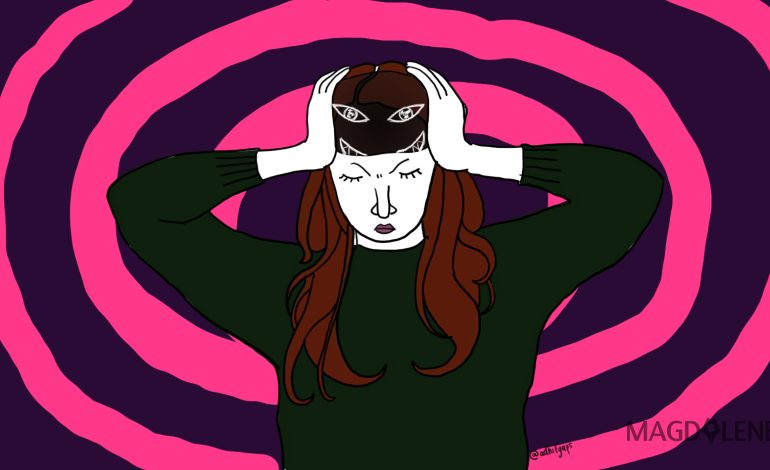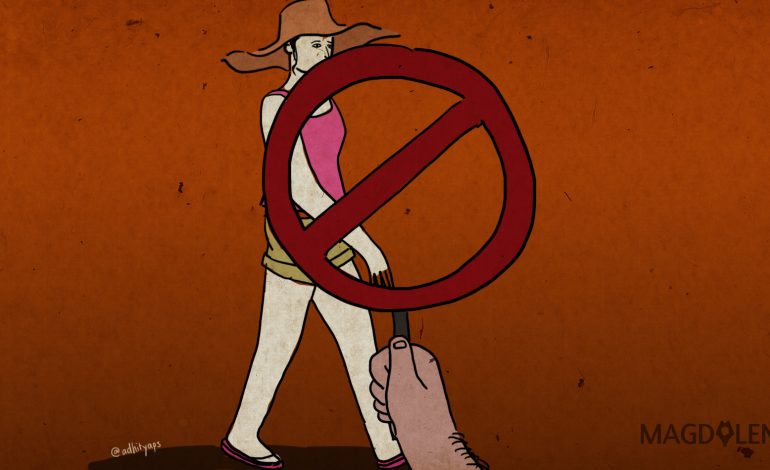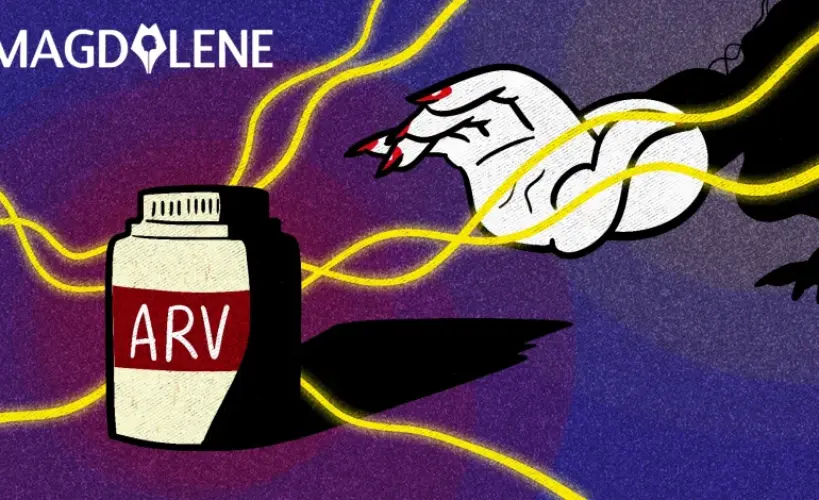5 Simple Ways to Approach People With Mental Health Problems

I just realized that it has been a year since I took antidepressant. Yes, I have a mental health problem, which is not something you admit openly in Indonesia, where people equate mental health problems with being crazy. But mental health problems span across a spectrum, from mild to severe conditions with a variety of symptoms.
When I tell people of my condition, their responses can be irritating.
“I think you don’t pray enough, so God punishes you” is one of the ones I hate the most.
“You need to have more fun” is another.
“Just take it easy, you’ll be fine” doesn’t help either.

If you have never suffered from a mental illness, you may think there is nothing wrong with these responses. But not only do they undermine the illness, thoughtless responses can exacerbate the problem too, maybe even lead to suicidal action.
I am aware that it can be difficult to approach people with mental health issues. Most people would not know the first thing to do or say to someone with the problem. But here are some tips based on my own positive experience on how to approach and help a person with mental health issues:
1. Approach them personally
As an introverted person, I always find it difficult to talk about myself especially my feelings in a big group gathering. I also have trust issues with new people. This makes me feel uncomfortable to be in many social activities. Whenever I was in a depressed state, I often lock myself in my room and will not talk to anyone. All I do is cry in my room.
You may think that it’s my own fault. I should’ve not just stayed in my room. But it doesn’t work like that. Whenever I am in a depressed state, I will cry, no matter where I am, whether in a very serious meeting, on public transport, at a social event, or in a crowd. Leaving my room is no guarantee that I will not be depressed.
One day when I was in a depressed state, my dorm mate texted me: “Hi there! I haven’t seen you in a while. How are you? Just to let you know that I’m around whenever you want a company or just a cup of tea J.”
I did not immediately respond to the text, but deep down it made me smile. There is someone out there who cares for me. I now know there is someone I can talk to.
2. Show them small acts of kindness
It had been a very depressing week and I hardly spoke to anyone. When I opened my cupboard, I found a cupcake with the note: “Good luck with everything. It seems to be a tough week for you. Here is a small treat to cheer you up! J”
I burst into tears again, but this time because I was so happy to have found the little present. Knowing that someone cares about me matters a lot.
3. Listen more (without judgement)
t was late at night and I could not stop crying, my head filled with the thoughts of ending my life. When I managed to escape from the suicidal thoughts, I ran straight away to my friend’s room. In tears I knocked on her door and she let me in .
“You want to talk about something? I can’t promise that I’ll help you solve the problem, but I definitely can listen to you,” she said.
I told her of my weird thoughts then I apologize for bothering her with my problems: “You must think I’m so weird.”
“You’re not weird,” she replied. “It’s okay to feel low. I’m sorry I can’t help much, but at least now you don’t have to keep it all to yourself.”
Then she gave me a friendly hug.
4. Your gestures and body language matter
It was during a social event where everybody was standing, but I was not in a good mood, so I sat in the corner. A stranger came over and sat next to me. She started talking to me, and at first I wasn’t interested, but she had engaging gestures and an hour later I realised how much I had enjoyed talking with her.
5. Make them laugh
I was feeling blue when I met my friend. She knew that I was in a depressed state. Without asking any questions she told me, “Do you want to hear a funny story?” And then she proceeded to tell a story that did make me laugh. It really made my day.
These may not be for everyone, but to me and a few friends I know who also suffer from mental health problems, these approaches have been helpful. The most important thing is to show more empathy. Mental health problems are real, so never assume they are linked to a person’s faith or personality. And even if you don’t agree with me, at least now you know how to help other people.
Gladiola Vidhi is an Indonesian who lives in Melbourne, Australia. She just finished her postgraduate study, and now she is working part time as a waitress.






















